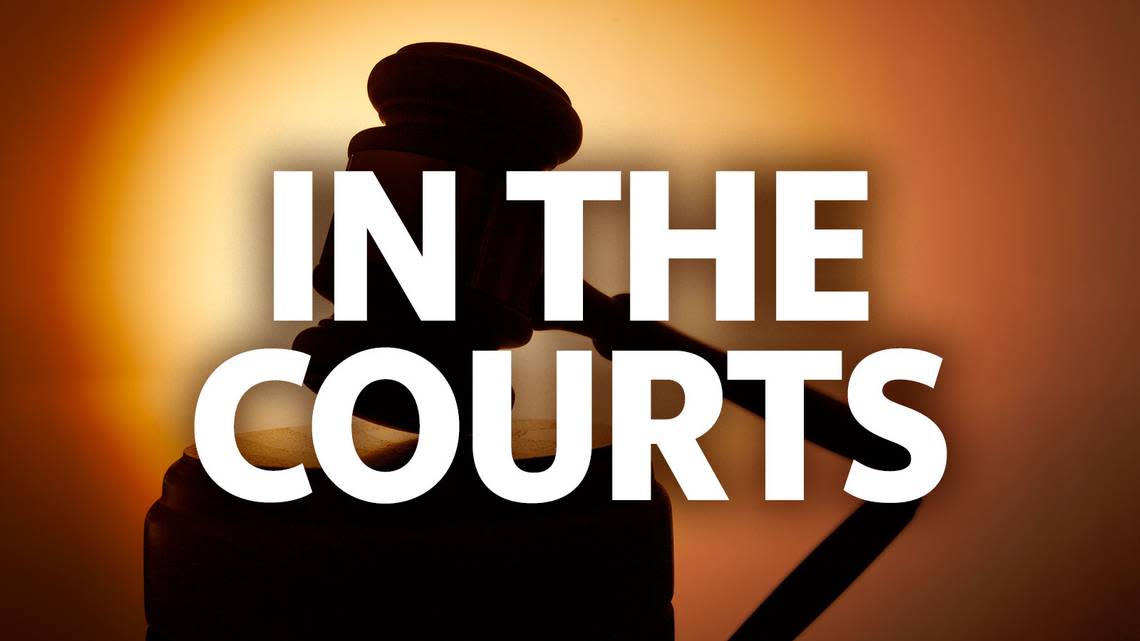California’s CARE Court starts slow in Stanislaus County. Housing instability is common thread.

Judges are considering more than 100 petitions asking for court-ordered treatment for adults with severe mental illness in the seven California counties, including Stanislaus, where the state program was launched in October.
The Stanislaus Superior Court has received 13 petitions in the first 2 1/2 months of the Community Assistance, Recovery and Empowerment (CARE) Act program, an executive officer said Thursday.
The CARE Act, signed into law in 2022, requires counties to provide services for people with serious untreated disorders, such as schizophrenia, through voluntary or court-mandated treatment plans.
The state estimates that up to 12,000 people in California will be eligible for the CARE Court process. Many of them are homeless and their behavior puts them at risk of injury or incarceration.
Officials have expected around 100 people will participate in Stanislaus County’s CARE Court the first 12 months. The other counties in the pilot program launched Oct. 1 are Tuolumne, Glenn, San Francisco, Orange, Riverside and San Diego. Los Angeles began its program this month and other counties are expected to implement programs in December 2024.
Stanislaus County Behavioral Health and Recovery Services will hold a community meeting Monday, where residents can learn about the program and ask questions. The meeting will run from 5:30 p.m. to 6:30 p.m. at Jana Lynn Plaza, 500 N. Ninth St., in Modesto.
The petitions in the first 10 weeks have put the Stanislaus program on course to handle around 70 the first year.
Judge Ruben Villalobos, who’s overseeing the cases, said the court is working with the county so there’s a team helping participants with steps in the process.
He said the adults are showing up for court dates. “We look at our calendars and find ways to keep calendars light when it’s the best time to get them into court,” Villalobos said.
The number of petitions is commensurate with what the other counties are seeing, the judge said. “It’s my job to make sure (mental health) services are available, and we’ve not had any challenges along the way,” Villalobos said.
According to county BHRS, the CARE Act program is for adults with untreated disorders on the schizophrenia spectrum and others struggling with severe mental illness. It is meant to get them into community-based treatment. The county hopes the treatment prevents these individuals from entering restrictive conservatorships or being incarcerated.
Families may file a CARE Court petition for a loved one whose untreated condition is getting worse and impacts their daily living and decision-making.
Petitions can also be submitted by first responders, county behavioral health staff, hospital directors or friends. The illness must be so severe it impairs the person’s ability to function.
A judge will review each petition and may order a mental health assessment and a care team to develop a treatment plan for the individual. The participants are provided legal counsel, mental health services and supportive housing. After a year of treatment, the person may complete the program or services could continue for another year.
More information about CARE Court and the petition process is available at the Stanislaus Superior Court website.

